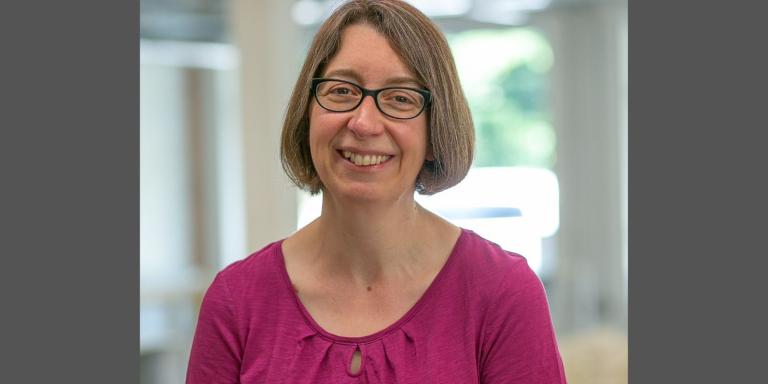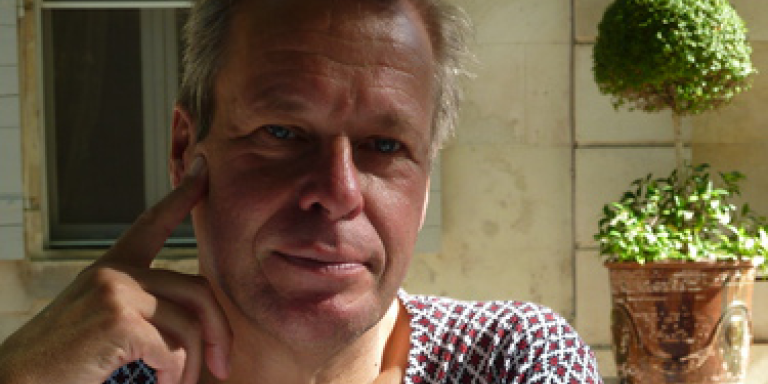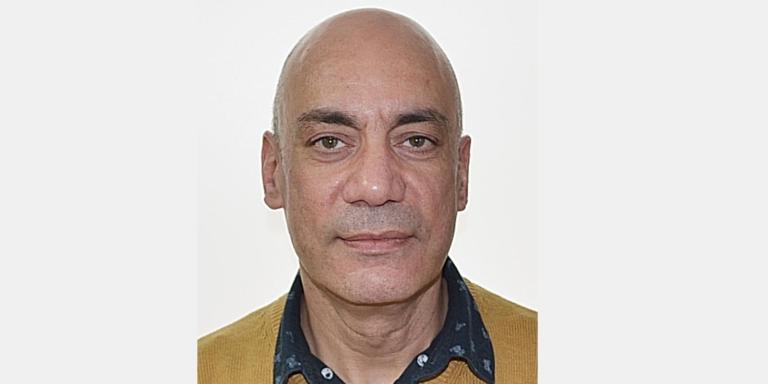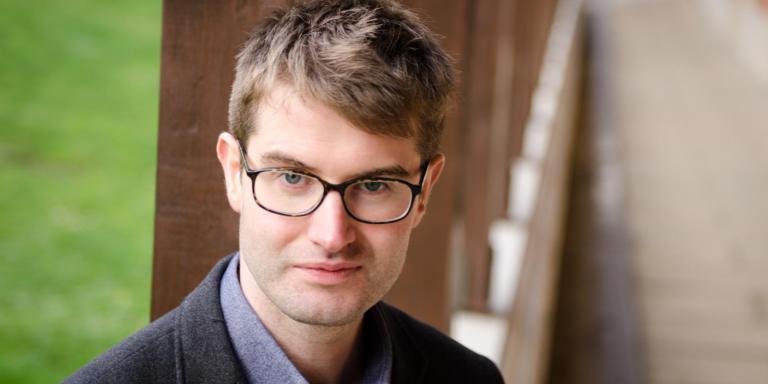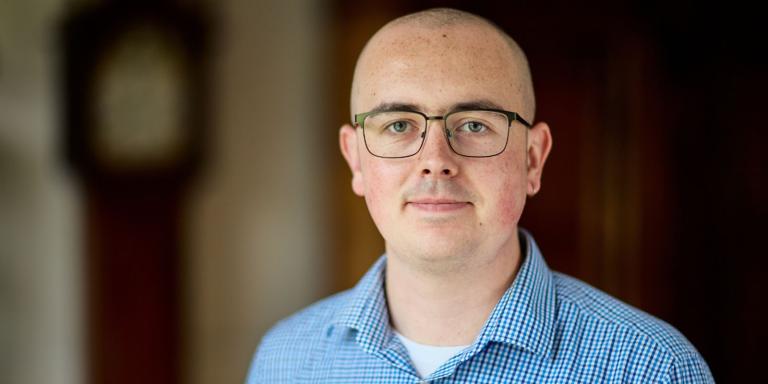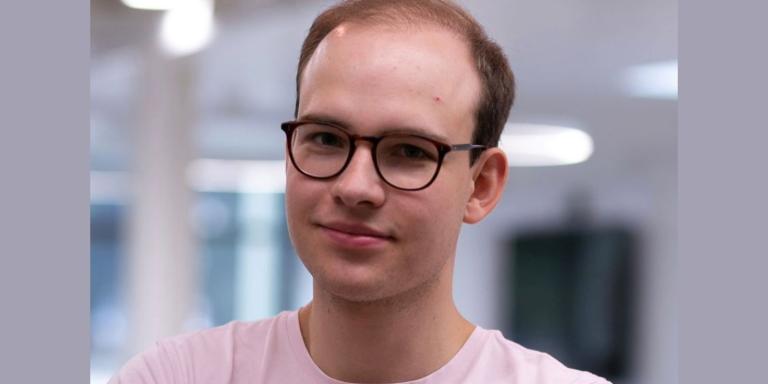Overview
A joint degree laying the foundations of philosophy, mathematics and logic, and their interactions.
Mathematics and Philosophy at LMH
There are great affinities between Maths and Philosophy – both disciplines thrive on the rigorous analysis of complex problems; and both strive to find elegant solutions – but there are also some clear differences between the two. Most obviously, perhaps, Philosophy is primarily studied by reading philosophical works, discussing them, and writing essays about them, Maths through learning techniques and theorems and applying this knowledge to solve mathematical problems.
LMH is exceptionally well placed to cater for both sides of this immensely rewarding joint course, with outstanding tutors in both Philosophy and Mathematics, giving its students the support and resources they need to excel at bridging the Science-Humanities divide. A short walk from both the Mathematical Institute’s new Andrew Wiles building and the Philosophy Faculty, LMH is unusual if not unique in having tutors with close interests in the joint school on both the Maths and the Philosophy side of the course. LMH has a thriving community of philosophy undergraduates with diverse interests and we typically admit around 18 students each year across the various philosophy joint schools.
Admissions requirements and course information
A*A*A with the A*s in Mathematics and Further Mathematics (if taken). More information on other requirements, how to apply, and a typical week can be found here and here. Visit the website of the Mathematical Institute.
Career prospects
The analytic, communication, and reasoning skills the study of philosophy imparts are highly valued by a wide range of employers in the public and private sector. Philosophy graduates often go on to have careers in law, management consultancy, banking and finance, the civil service faststream, teaching, and research, among many other professions. Some students have gone on to study for the DPhil in Mathematics, while others have gone into teaching and industry, including the financial and actuarial disciplines.
Related courses offered at LMH
What our students say
If you love puzzles, Sudoku, chess, enjoy an interesting discussion and enjoy pondering the foundations of Mathematics, then Maths and Philosophy is definitely the course for you! Can we know anything at all? What makes mathematics universally true and what is the nature of truth? What is the nature of causality? How can we tell right from wrong? Are we truly free? What makes us human? And many more.
Not only will we ask and debate these questions but also develop excellent tools for getting a deeper understanding and of course answering them. In the first year of philosophy we have a thorough logic course and are introduced to the philosophy of mathematics through Frege’s Foundations of Arithmetic as well as to several of the most interesting questions asked by philosophers over the centuries (scepticism, free will, personal identity, mind-body-dualism). In years 2 and 3 we take more extensive courses on metaphysics/epistemology and the philosophy of mathematics. Moreover we get to choose up to two more philosophy courses from a huge list that includes philosophy of the mind, philosophy of language, philosophy of science, philosophy of religion, political philosophy and ethics.
The mathematics part is similarly structured. In year 1 we lay foundations in algebra, analysis and geometry. In years 2 and 3 we start diversifying and take on more interesting and beautiful mathematics. As in philosophy, there is a wide variety of subjects to choose from including field theory, number theory, set theory and mathematical logic, topology, probability and some more. There is even the possibility of doing applied subjects such as multi-variable calculus or financial mathematics.
LMH in particular is one of the best colleges for M&P. Don’t let the Norrington Table fool you, we have fantastic maths tutors, one of which was among the first people to study M&P at Oxford. LMH also recently acquired a philosophy fellow who specialises in philosophy of mathematics and everything related to it. With these tutors, LMH plans to accept 2-3 M&P applicants each year, thus giving it the largest M&P college community in Oxford.
LMH has so many interesting students with a great sense of community, making sure that living is as much a part of your Oxford experience as learning. And last but not least the LMH gardens with tennis courts and a punt house offer a splendid opportunity to relax, especially in the summer time when exam stress threatens to get the best of you.
Raffael Singer

